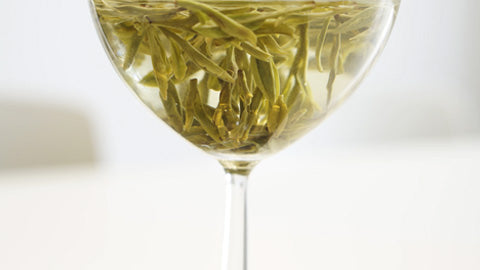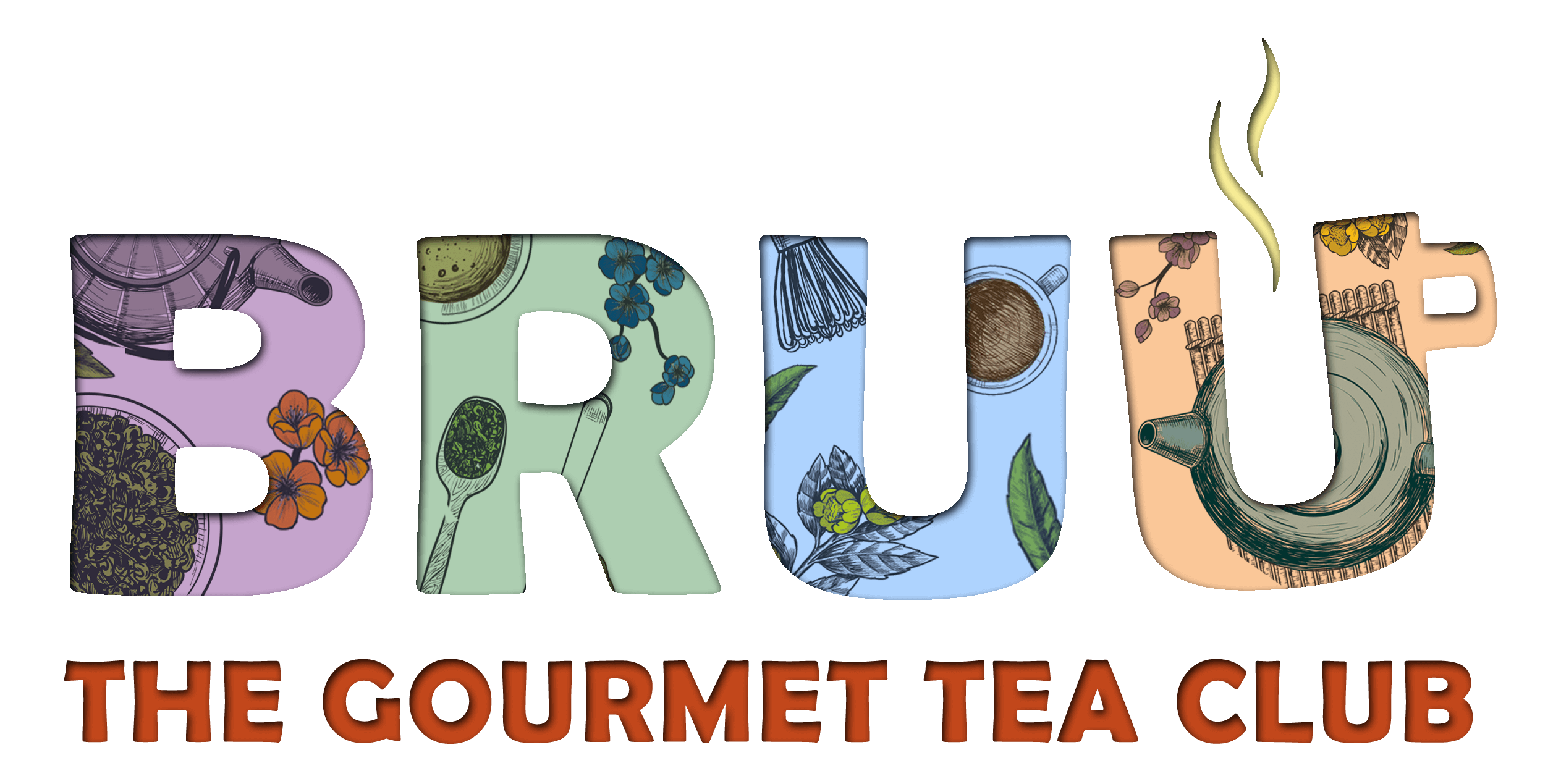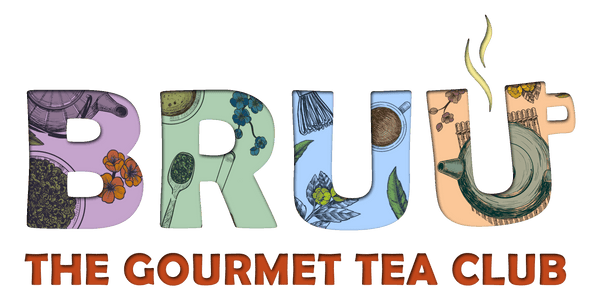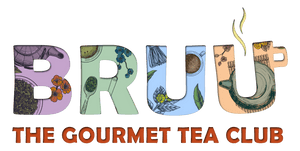Choose the Brews, Not the Booze!


With all the festive cheers of December to undo, many are turning to a dry January, without alcohol. We think it’s a great idea and what better way to start 2020, than with a clearer mind and healthier body – and liver!
But you don’t have to go totally dry and instead substitute alcohol for tea. In fact, a few years ago I attended a wedding in Devon for a close friend and instead of drinking the copious amounts of fizz on offer, I instead turned to tea. I enjoyed our very own Champagne tea blend. It was a great move because the following day I was the only one that made it down for breakfast.
Alcohol is also a depressant. It depresses the system, which is why we all lose our inhibitions after a drink. But the effects are longer lasting and many can experience anxiety, low moods and have trouble sleeping for days afterwards.
Valerian root is a common ingredient sold in dietary supplements and a key ingredient in our Teatox range. Proponents claim it cures insomnia and nervous tension caused by anxiety and has been used for centuries as a herbal remedy.
So, does dry January help?
We think it does, because it gives your body a rest from alcohol and lets you check in on your consumption levels. Self-control is the master of a healthy relationship with alcohol after all.
You will also enjoy better sleep, improved skin, weight loss, having “an amazing sense of achievement at the end”, and save money. According to Alcohol Concern the average person spends £50,000 on alcohol in their lifetime, which is a frightening fact.
Within a few days of cutting out alcohol, you'll notice your skin looking and feeling more hydrated. That's because alcohol is a diuretic, causing you to urinate more. Dr Raskin from menshealth.com says “alcohol also decreases the body's production of an antidiuretic hormone, which helps the body reabsorb water.”
Some recent studies also found that drinking before bed increases alpha wave patterns in the brain — a kind of cerebral activity that usually occurs when you’re awake but resting. Resulting in sleep disruption.
It’s not all doom and gloom when taken in moderation. Be sure to head over to DrinkAware for more information.




Leave a comment